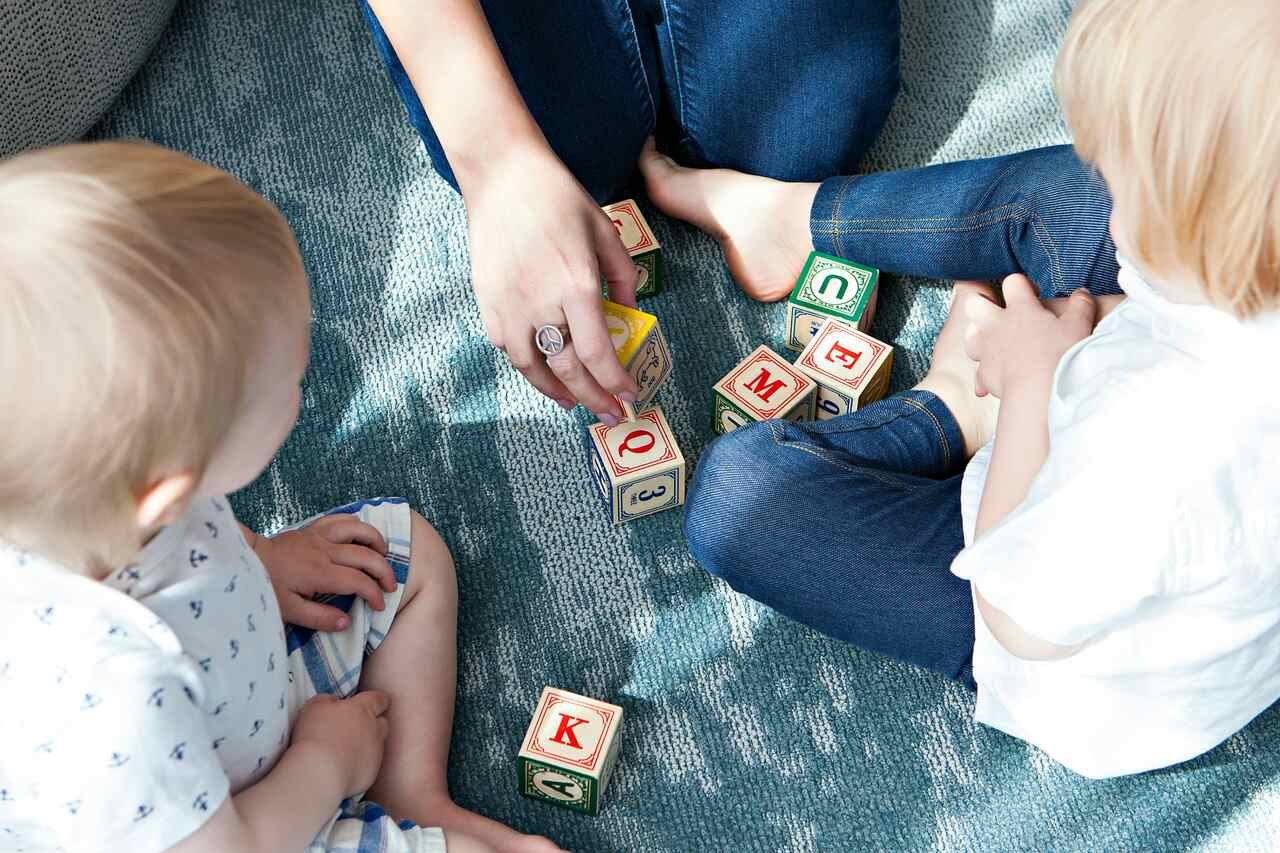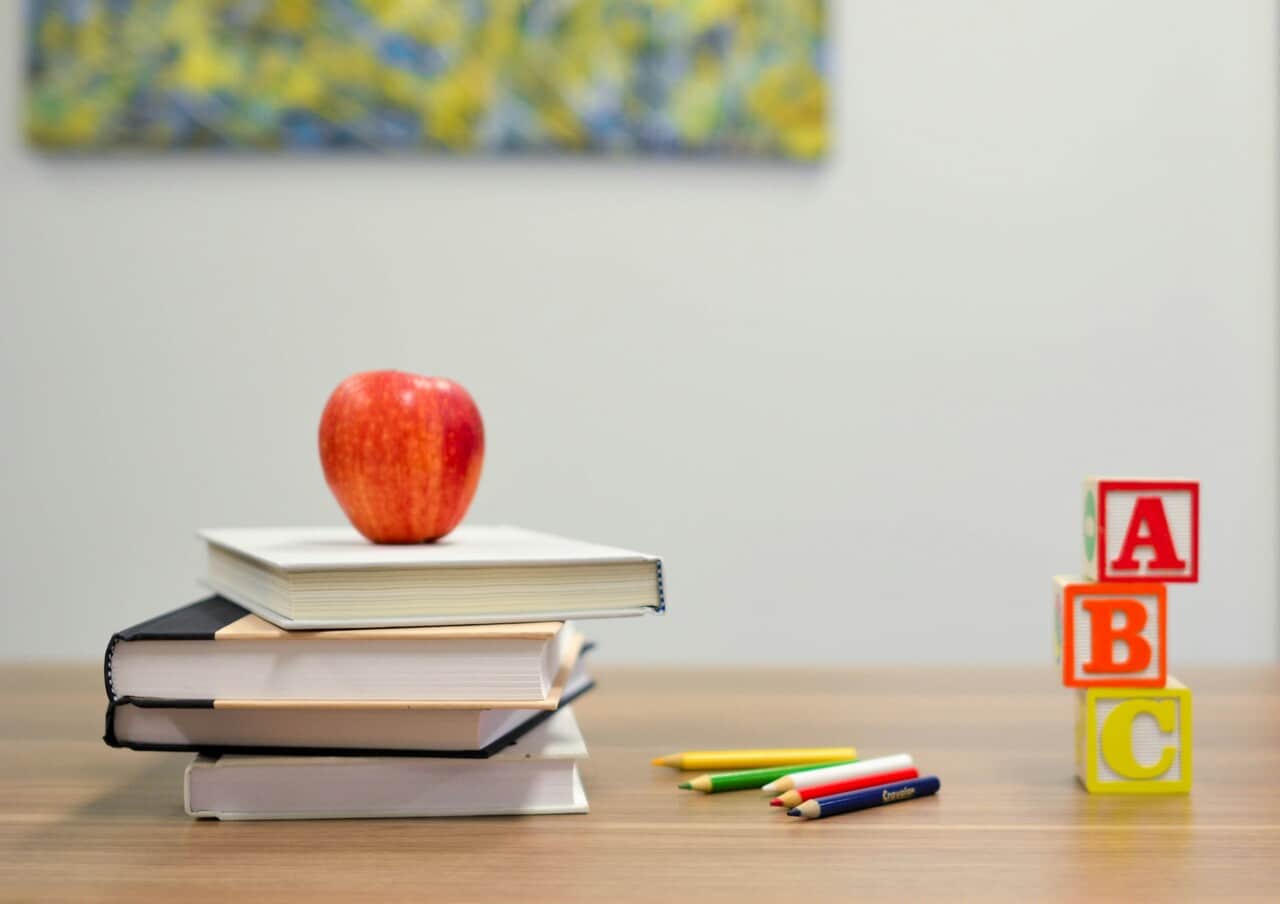
Essential Spanish Vocabulary for Childcare Workers
DATE:
Welcoming a new language into a child’s daily routine can be as exciting as discovering a hidden treasure chest. Spanish for childcare is not just about translating words but also about opening a door to a rich cultural experience. Imagine the joy and confidence that comes from knowing how to greet, play, and comfort children in Spanish. Let’s dive into some essential phrases and tips to make this journey smooth and fun!
Basic Greetings and Introductions in Spanish for Kids
Using a Playful Tone
Kids respond best when learning is fun and engaging. Start with playful greetings like ¡Hola, amiguito! (Hello, little friend!) or ¡Buenos días, campeón! (Good morning, champ!). This sets a positive tone and makes the child feel welcome.
This playful approach is also essential for parents or educators working in an in-home setting, especially if they are teaching their own children.
Introducing Yourself
First impressions matter, even to kids. A simple introduction can go a long way:
- Me llamo [Your Name] – My name is [Your Name]
- ¿Cómo te llamas? – What is your name?
Engage them with questions about themselves using a friendly tone:
- ¿Cuántos años tienes? – How old are you?
QUICK TIP…
Children are curious! Encourage them to ask questions and repeat phrases to build confidence.
Daily Routines in Spanish: Eating, Sleeping, Playing
Mealtime Phrases
Mealtimes are perfect for practicing Spanish. Use phrases like:
- ¿Tienes hambre? – Are you hungry?
- Es hora de comer – It’s time to eat
- ¿Quieres más? – Do you want more?
Bedtime Routines
Bedtime can be made comforting with soothing phrases:
- Es hora de dormir – It’s time to sleep
- Dulces sueños – Sweet dreams
- Te leeré un cuento – I will read you a story
Spanish for Playtime: Toys, Games, and Activities
Singing Songs
Songs and rhymes are magical tools for learning. Popular Spanish songs for kids include:
- La Vaca Lola (Lola the Cow)
- Los Pollitos Dicen (The Little Chicks Say)
DID YOU KNOW…?
Singing songs in Spanish, like Estrellita, ¿dónde estás? (Twinkle, Twinkle, Little Star), helps children learn new vocabulary and improves pronunciation!
Playing Games
Playtime is essential in early childhood education. Introduce toys and games in Spanish:
- Vamos a jugar – Let’s play
- ¿Quieres jugar con los bloques? – Do you want to play with the blocks?
Games like “Simón dice” (Simon says) or Escondite (Hide and seek) are not only fun but also great for language practice. Use simple instructions in Spanish to guide the game.
|
Spanish |
English |
|---|---|
|
Muñeca |
Doll |
|
Pelota |
Ball |
|
Rompecabezas |
Puzzle |
|
Juguete |
Toy |
|
Tren |
Train |
|
Carro |
Car |
|
Bloques |
Blocks |
|
Peluche |
Stuffed Animal |
|
Bicicleta |
Bicycle |
|
Libro |
Book |

Comforting and Praising Children in Spanish
Offering Reassurance
Children need comfort and words of encouragement, especially in new environments. Use phrases like:
- Está bien, no te preocupes – It’s okay, don’t worry
- Estoy aquí contigo – I’m here with you
Recognizing Achievements
Positive reinforcement boosts confidence. Praise their efforts with:
- ¡Muy bien! – Very good!
- Eres un campeón – You’re a champion
- ¡Lo hiciste genial! – You did great!
Cultural Considerations for Childcare in Spanish-Speaking Families
Family Values
Understanding cultural values is crucial when working with Spanish-speaking families, who often prioritize respect and strong family bonds. Use respectful language and show genuine interest in their traditions:
- Show Respect: Address family members with titles like “Señor” (Mr.) or “Señora” (Mrs.) and use polite expressions like “por favor” (please) and “gracias” (thank you).
- Acknowledge Traditions: Recognize and appreciate cultural celebrations like “Día de los Muertos” (Day of the Dead) and “Navidad” (Christmas).
- Family Involvement: Engage respectfully with extended family members involved in childcare.
- Formal Language: Use formal language with parents, such as “¿Cómo está usted?” (How are you?).
- Interest in Background: Ask about the child’s favorite activities and family customs to better understand and respect their background.
Discipline Styles
Discipline can vary culturally, and it’s important to approach it with sensitivity and understanding. In many Spanish-speaking cultures, discipline is often combined with affection and a focus on teaching respect and good behavior. This balanced approach helps maintain a positive relationship while guiding children towards appropriate conduct.
Here are some phrases that can be useful when addressing behavior in a gentle yet firm manner:
- No hagas eso, por favor. – Don’t do that, please.
- Escucha con atención. – Listen carefully.
- Necesito que te comportes bien. – I need you to behave well.
- Eso no está bien. – That is not okay.
- Por favor, comparte tus juguetes. – Please share your toys.
- Hablemos sobre lo que hiciste. – Let’s talk about what you did.

Embracing Spanish in Childcare
Learning Spanish for childcare not only enriches your professional skills but also creates a nurturing environment for bilingual children. By integrating basic phrases, daily routines, and cultural nuances, you can make a significant positive impact.
Ready to embark on this rewarding journey? SpanishVIP offers dedicated teachers who can guide you through personalized lessons. Start with a free 1:1 class or enjoy a free 7-day trial of our group classes. Your path to effective communication and enriched childcare begins here!








